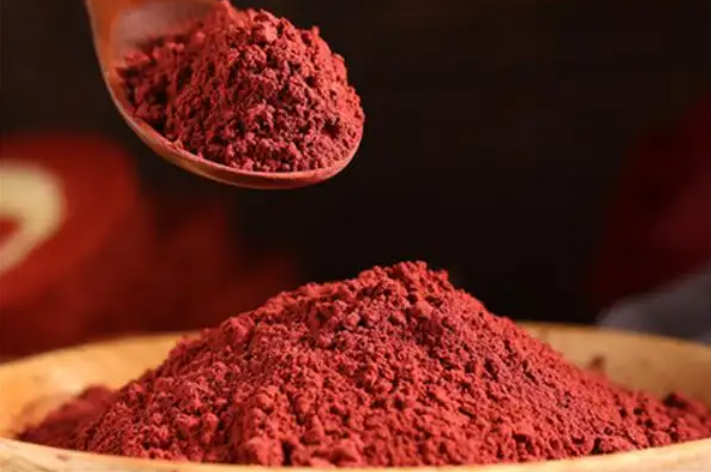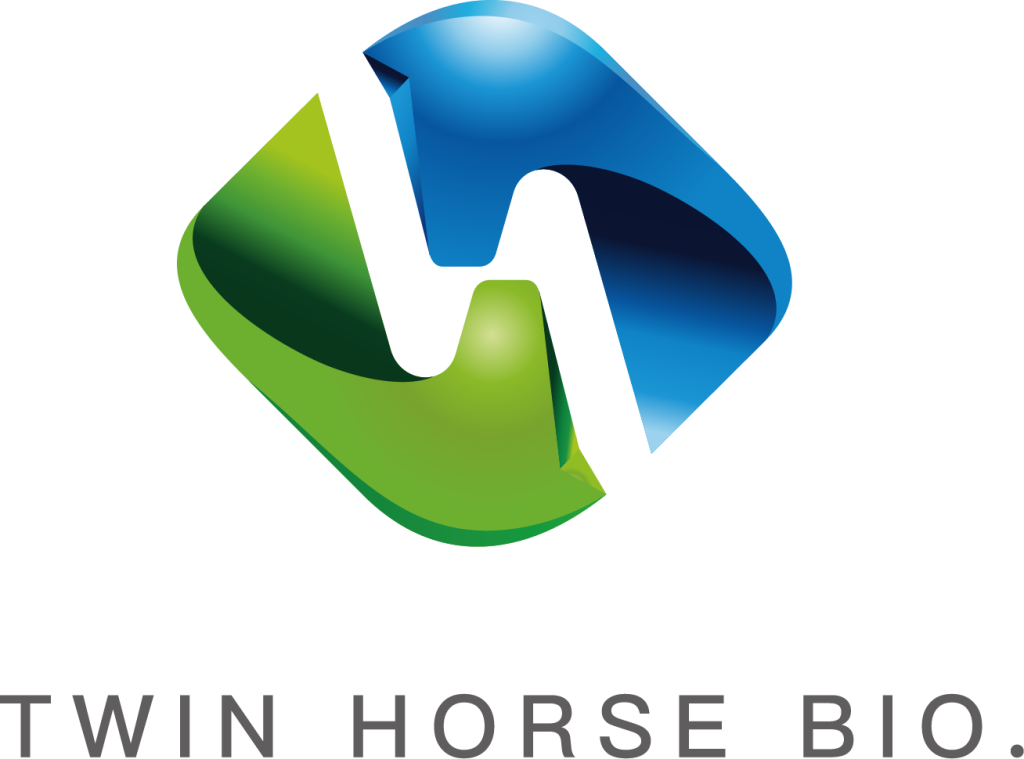Monacolin K is a natural statin that can lower the total cholesterol by 15%-25% with a daily consumption of 10 mg, whereas it marks a decrease in LDL cholesterol levels by 22% by 12 weeks. Monacolin K reduces the volume of arterial plaque by 10%-15% through inhibition of HMG-CoA reductase and elevation of HDL levels, giving it the benefits for cardiovascular health.
Key Component of Red Yeast Rice: Monacolin K
Monacolin K, a natural statin and by-product of red yeast rice, is extremely effective for inhibition of the activity of HMG-CoA reductase and, thus, blockade of cholesterol synthesis. Several studies suggested that daily intakes of 10 mg Monacolin K can considerably decrease total cholesterol levels, typically within the range of 15%-25%, which effect is comparable to that of prescription statins but preferred by consumers due to being more natural. That is, it inhibits endogenous cholesterol synthesis by blocking HMG-CoA reductase, while competing with cholesterol in the intestine thus decreasing exogenous cholesterol absorption.

A good example is a European clinical trial. In a 16-week-long trial, red yeast rice was associated with an average total cholesterol decrease of 15.5% and a reduction in LDL cholesterol levels of 23% among patients. These results also establish not only the efficacy of Monacolin K, but also the safer place for patients with a high cholesterol level. Such was demonstrated by a 24-week study done on patients who were intolerant to statins where Monacolin K produced significant reductions in LDL levels but without muscle pain or elevated CPK levels, which would make it applicable for those patients unresponsive to the usual statin treatments. Apart from lowering lipids, Monacolin K would increase activities of high-density lipoproteins (HDL) involved in lipid clearing in blood vessels. Average arterial plaque volume was reduced by 10 to 15 percent.
Analysis of Monacolin K
The early impact of Monacolin K lies in its molecular structure that closely relates to that of prescription statins but instead naturally available. Its molecular action allows it to quickly bind to HMG-CoA reductase and inhibit its action so that endogenous cholesterol synthesis becomes inefficient. Intestinal absorption capacity for exogenous cholesterol decreases by 30%-40% after taking Monacolin K, which further indicates its effectiveness as a dual action cholesterol management means. This is done by decreasing serum LDL levels and protecting vascular endothelium and inflammation.
Most of the available common Monacolin K supplements in market are of red yeast rice origin. Each capsule contains about 3 to 10 mg of active ingredient as a different dosage. All these amounts belong to safe ranges for applications with relevant lipids-lowering effects starting as quick as two weeks. Monacolin K promotes LDL receptor expression in liver cells, which then increase numbers of receptors by 20%-30%, thereby hastening their removal from blood.
So is it that natural origin implies that Monacolin K has no side effects? The answer is no; however, according to evidence, muscle-related side effects are reported in fewer than 5% of cases compared with that of synthetic statins, and does not affect liver enzyme levels. Strong safety support is available with this data. In an International Heart Association study, those individuals who took Monacolinc K for half a year consecutively had a 12%-18% decrease in their atherosclerosis index.

Dual Effects on Lipid Reduction and Anti-Plaque
Monacolin K has emerged as a phenomenal ingredient in the cardiovascular protection realm because of its appreciable lipid-lowering as well as anti-plaque formations. Where LDL cholesterol levels drop by more than 20%, then atherosclerotic plaques can shrink by up to 10%-15%. Monacolin K showed a biphasic action in several studies by acting on HMG-CoA reductase directly, thereby contributing to a huge decrease in endogenous cholesterol synthesis, and by improving HDL clearance capacity, thus lowering the risk of lipid deposition into the bloodstream. This HDL-raising effect can reach as much as 10%-20% over 12 weeks of time.
Would Monacolin K replace traditional statins altogether? For mild to moderate hypercholesterolemia, 90-80% effects of synthetic statins may be derived from a lower incidence of side effects using Monacolin K. Monacolin K also modulates vascular endothelial function and reduces the release of inflammatory factors, which plays an important role in the anti-plaque process. Studies have previously shown that patients using Monacolin K experience an average of 30% reduction in the levels of C-reactive protein (CRP).


Clinical Performance of Monacolin K
The clinical efficacies of Monacolin K have been extensively validated and authenticated by many studies establishing its remarkably good lipid-lowering and vascular health efficacy. In a clinical trial in the United States, 88 participants on Monacolin K experienced a 22% reduction in their LDL cholesterol levels and a 15% decrease in triglyceride concentrations over the course of 12 weeks. Reportedly, there were less than 5% incidences of side effects and no severe adverse effects. In the European randomized controlled trial, patients in the red yeast rice group showed a 15.5% decrease in total cholesterol and a 23% decrease in LDL levels, while those in the control group experienced almost negligible changes.
It acts as a safe and effective alternative for statin-intolerant patients. A 24-week study has indicated that red yeast rice could have significantly lowered LDL but was not accompanied by muscle pain or abnormal liver enzymes, thus giving special populations more options. The study also indicated the potential of Monacolin K to fight atherosclerosis. The reduction in the volume of atherosclerotic plaques is averaged at 10% to 15% for those who take it continuously over a long period. This will reduce the chances of future cardiovascular events for these patients.




